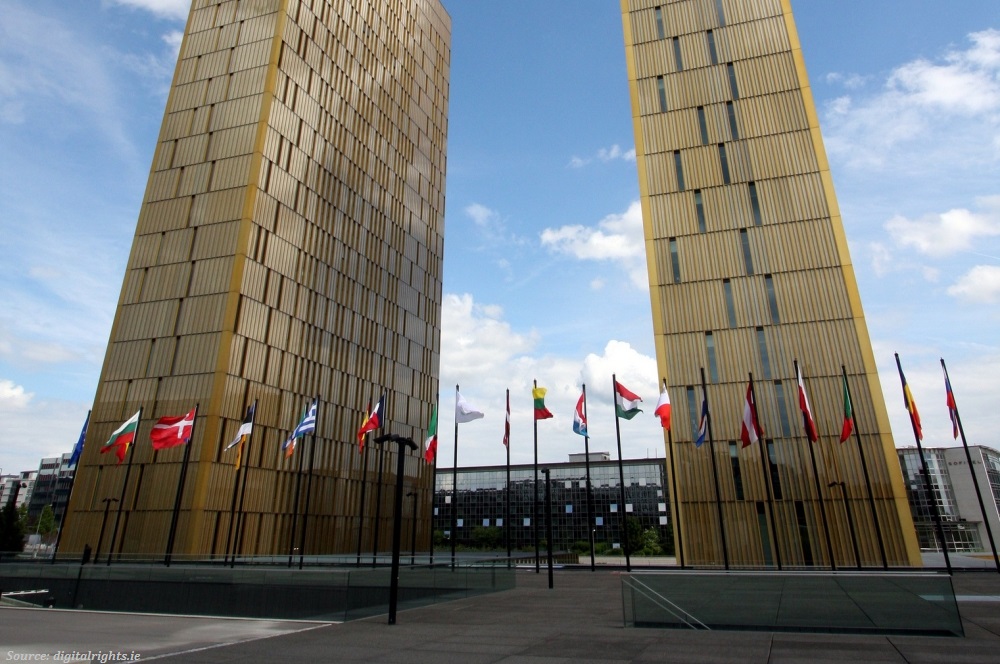On 14 March, the Court of Justice of the European Union delivered its judgment regarding a request for a preliminary ruling by the Dutch Council of State on the possibility to withdraw a residence permit granted under Directive 2003/86 and Directive 2003/109 if the issued permit was based on the applicant’s fraudulent data.
The Court first noted that the wording of Article 16 (2) (a) points to the mere use of the falsified documents being sufficient for withdrawal of a residence permit, without also requiring intention or knowledge. It further noted that such an approach is even more possible in a case like the one under consideration, where the sponsor had committed the fraud, given the latter’s central role in the system established by that Directive.
It noted, however, that the Directive’s recital no. 2 requires the respect of family unity, as enshrined in the European Convention on Human Rights and the Charter of Fundamental Rights of the EU. Therefore, while Member States have a certain level of discretion in their assessment under Article 17 of the Directive, this assessment should remain in conformity with Article 7 of the Charter. Consequently, although lack of knowledge does not preclude withdrawal, the national authorities have to undertake an individual assessment of the situation of the family members by making a balanced and reasonable assessment of all the interests in play. Concurring with the Advocate General, the Court further stated that those authorities must also consider the lack of responsibility of the family members that had no knowledge of the fraud.
On the second question, regarding the effect of fraud on long-term residence status, the Court referred to the prohibition of fraud as a general principle of EU law which individuals must comply with according to its own case law. Moreover, it observed that the extensive rights a long-term resident status entails make it important for Member States to be able to effectively address incidents of fraud. In this vein, the decisive element would be that the acquisition of the respective status was the result of fraud, regardless of whether that fraud was committed by the beneficiary of those rights, or whether it was known to that person.
The Court concluded that, where long-term resident status has been granted to third-country nationals on the basis of falsified documents, the fact that those nationals did not know of the fraudulent nature of those documents does not preclude the Member State concerned from withdrawing that status.

